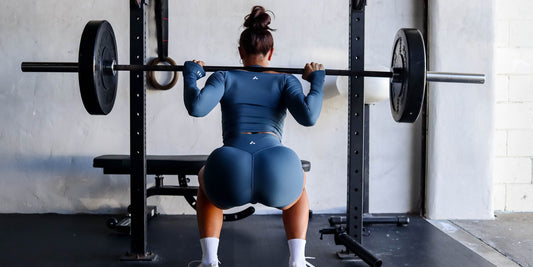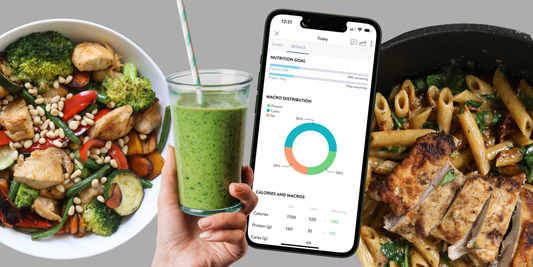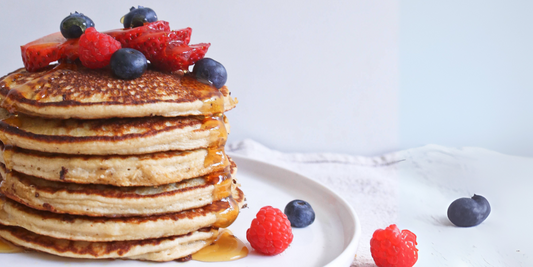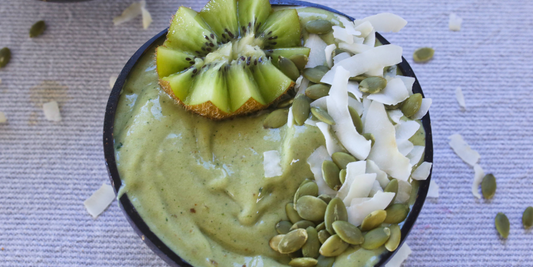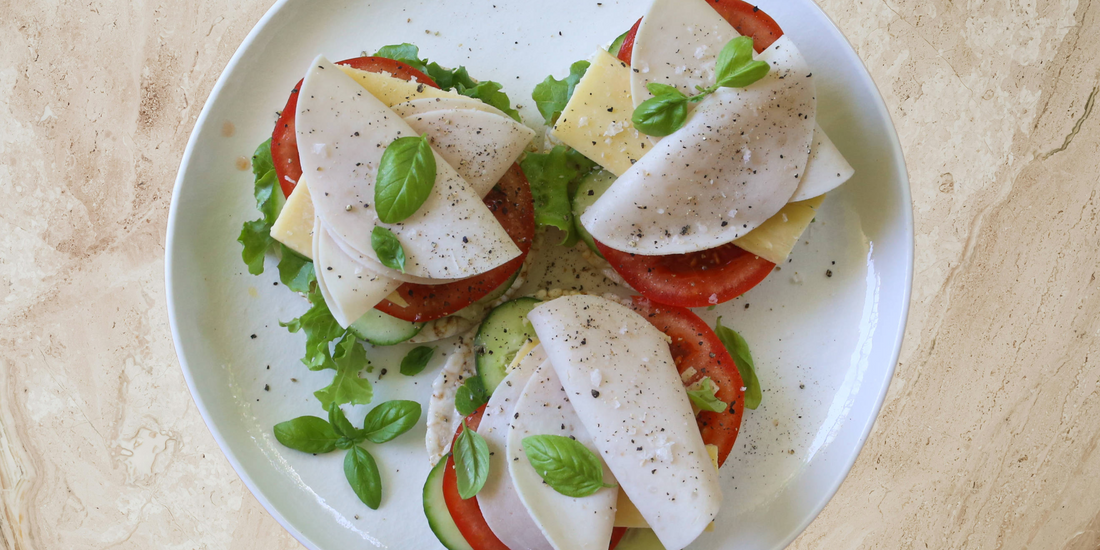
WHAT SHOULD I EAT AFTER TRAINING?
We hear a lot about what we should be consuming before a workout, but what about post-workout? Let’s talk about it.
You’ve just smashed a session, you’re sweaty, satisfied, and feeling like a total weapon. But before you move on with your day, here’s the truth: what you eat after training can make or break your recovery. Post-workout fuel isn’t just for pro athletes, it’s for anyone who wants to get the most out of their hard work. Why? Because refuelling after training helps you:
- Replenish glycogen stores (a.k.a your energy bank)
- Repair and rebuild muscle tissue
- Reduce muscle soreness
- Support long-term strength and fitness gains
If you’ve ever found yourself wondering, “Why am I still so sore?”, chances are your recovery nutrition is MIA. Without proper food and fluids after your session, your muscles and nervous system take longer to bounce back, hello, delayed soreness and constant fatigue.
Plus, let’s be real: sometimes after an intense workout, your appetite goes into hiding. It’s a normal response, but skipping your post-workout meal isn't the answer. Even if you’re not ‘hungry hungry’, giving your body something small and nourishing will kickstart recovery and help you maintain energy for the rest of your day. Think of it as the final rep of your workout, you wouldn’t skip that, would you?
I know what you’re thinking, “Okay Annie, we get it, just tell us what we should be eating after the workout!” I got you…
- POWER UP - with carbohydrates to restock your energy reserves (includes fruit, rice, bread, sweet potato, beans)
- PATCH UP - with protein to repair and build lean muscle (includes meat, dairy, protein powder, legumes, tofu)
- POUR UP - to replace fluids lost through sweat (hello electrolytes!)
The takeaway? Don’t skip your post-workout refuel, your body (and booty gains) will thank you for it later.

Author | Annie Long
Annie is a qualified Nutritionist with a bachelor's degree in Nutrition and over 6 years of experience in the food industry. Whether catering for large fitness events or programming nutrition 1:1, Annie is passionate about supporting people to create healthy, positive eating habits that support their goals.

